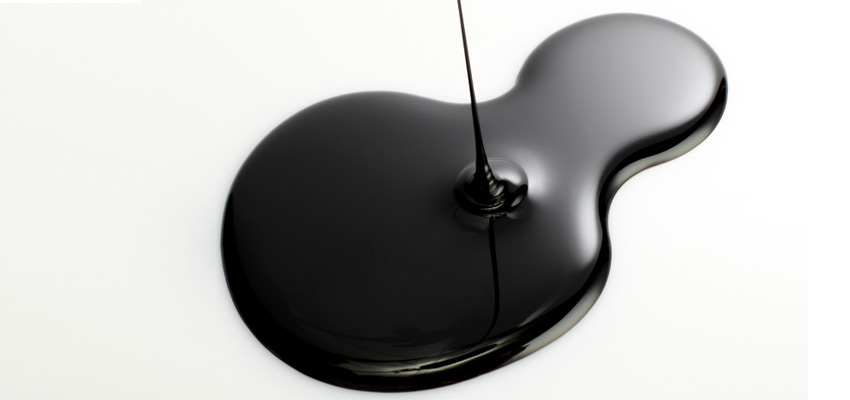The Dutch Food Safety Authority (NVWA) has published a on the implementation of the (Mineral Oil Aromatic Hydrocarbons) in food, which will come into force on 1 January 2024.
In food industry circles, the Dutch decree is criticised as too general and restrictive with the argument that exceeding the quantification limit for MOAH does not pose a health risk to consumers.
If a MOAH value of 1 mg/kg (without taking account the measurement uncertainty) is exceeded in baby food, baby follow-on food, medical food for babies and infants or baby food, the NWA demands the withdrawal of the products from the market.
However, for foods (except infant formula) that exceed the respective action limit, a measurement uncertainty (MU) of 50 % is taken account in favour of the company. If the action limit value is exceeded even after deduction of the MU, the authority also requires a product recall in this case.
An exception to the action limit (sum of MOAH of 2 mg/kg) exists for food with a fat content >50%. Here, no product recall is required, but the authority reserves the right to make individual decisions in exceptional cases.
| Product Category | EU-action limits (Sum MOAH in mg/kg) |
| Dry foods with low fat/oil content (≤4% fat/oil) | 0,5 |
| Foods with higher fat/oil content (>4% fat/oil, ≤50% fat/oil) | 1,0 |
| Fats/oils or foods with >50% fat/oil content | 2,0 |
Source:
As long as there are no binding EU limits for MOAH, the authority will refrain from further administrative measures such as written warnings, fines.
Attention: Food business operators are obliged to report under Art. 19 of the ALV () if there is reason to believe that food imported, produced, processed, manufactured or distributed by them does not comply with food safety regulations.
This includes MOAH findings if the EU action level (without taking account of measurement uncertainty) is exceeded. If such findings are not reported to the NVWA or are reported late, enforcement will follow the NVWA's standard intervention policy. In exceptional situations (e.g. high MOAH levels in oils or fats) or borderline cases, the NVWA will proceed on a case-by-case basis and determine the appropriate enforcement strategy.
YOUR PLUS: AGROLAB Dr. A Verwey carries out accredited analyses for MOSH/MOAH residues using state-of-the-art LC/GC MS/MS methods. We inform you in advance if an EU action limit value is exceeded after confirmation of the results and advise you to report immediately. At present, the laboratory is not subject to an additional reporting obligation.
Author: Dr. Frank Mörsberger

 Contact
Contact

 Contact
Contact Career
Career